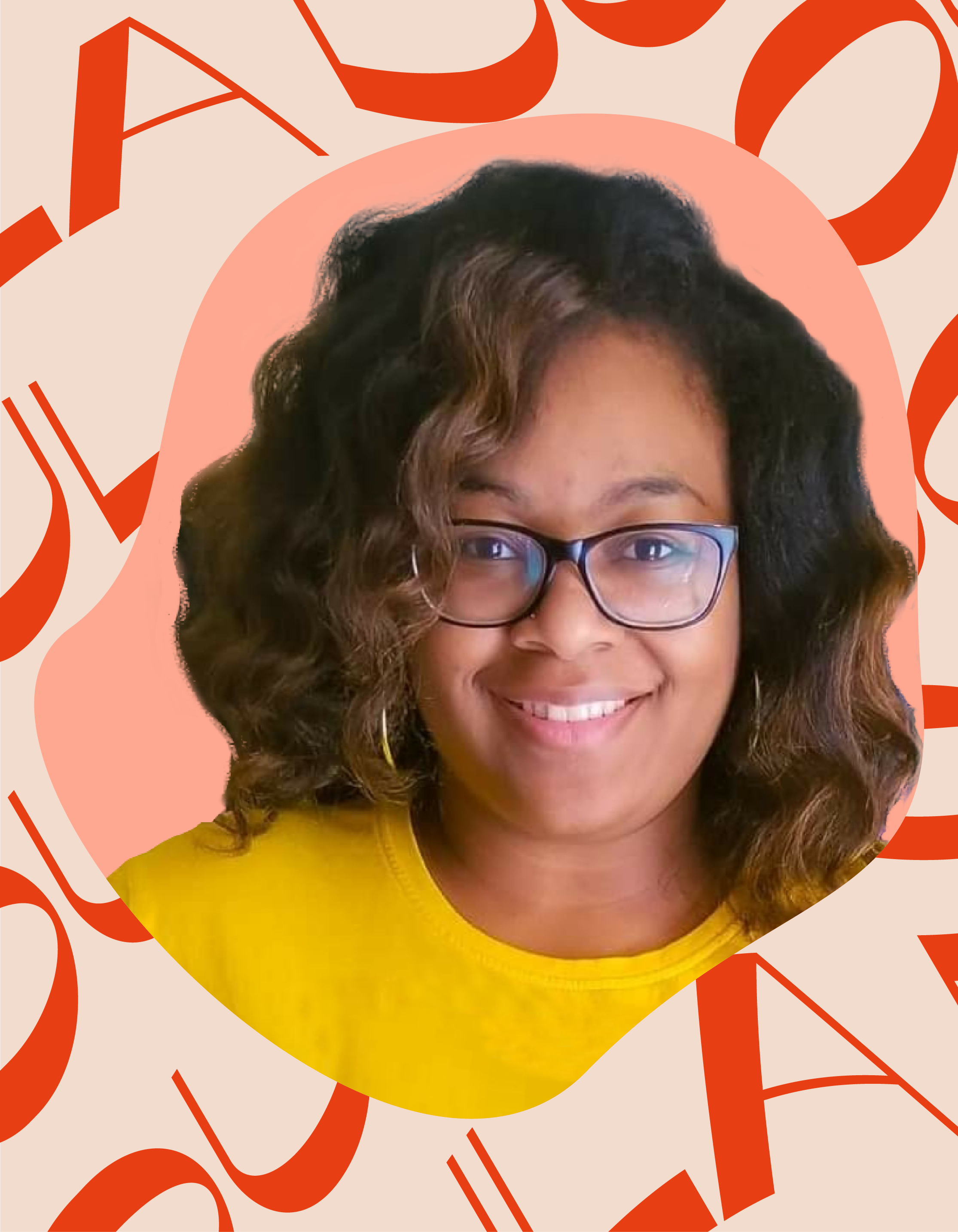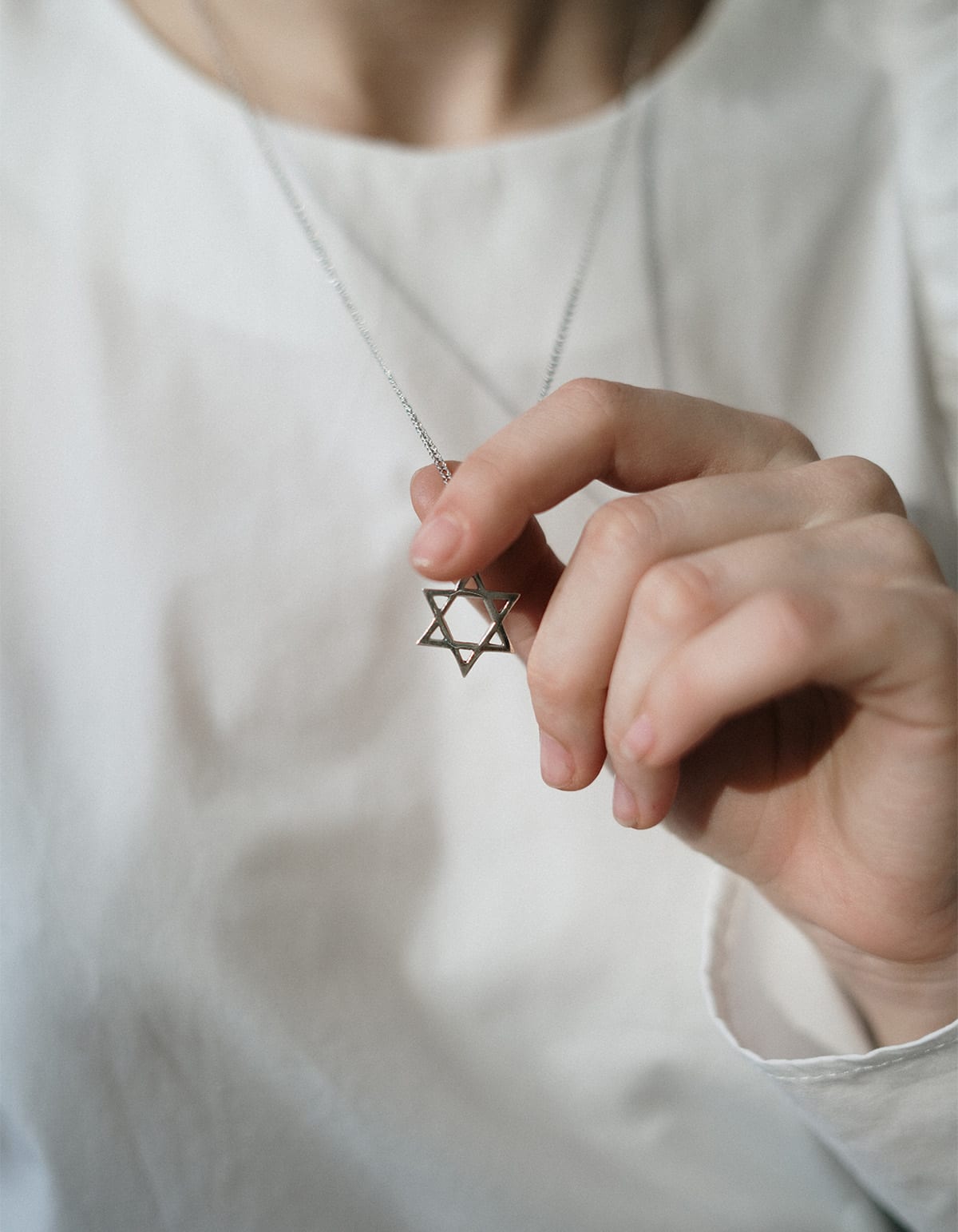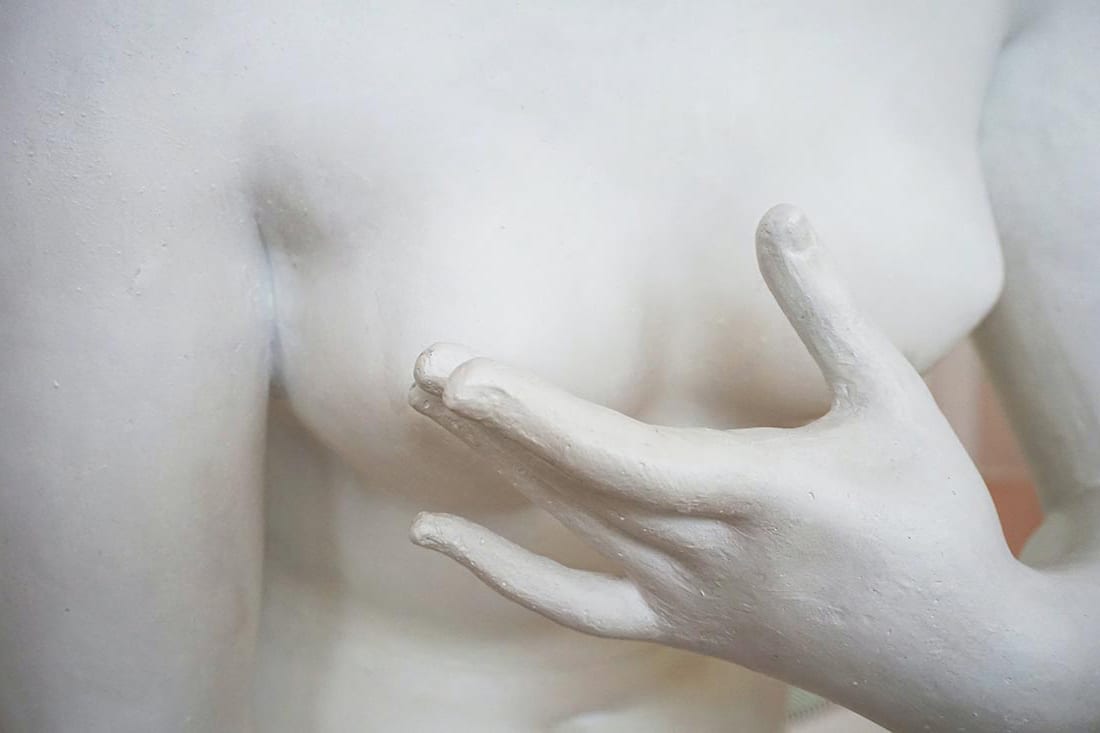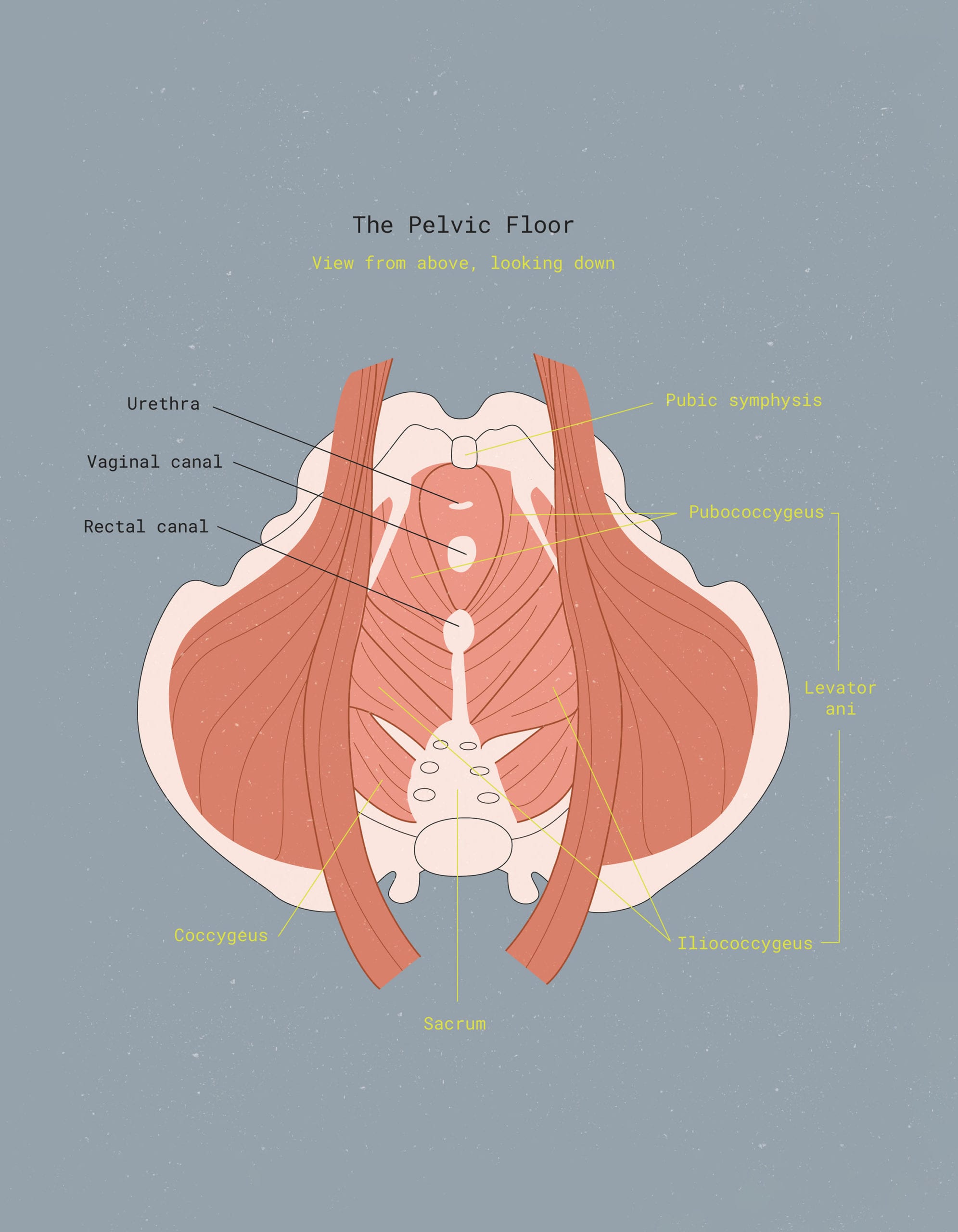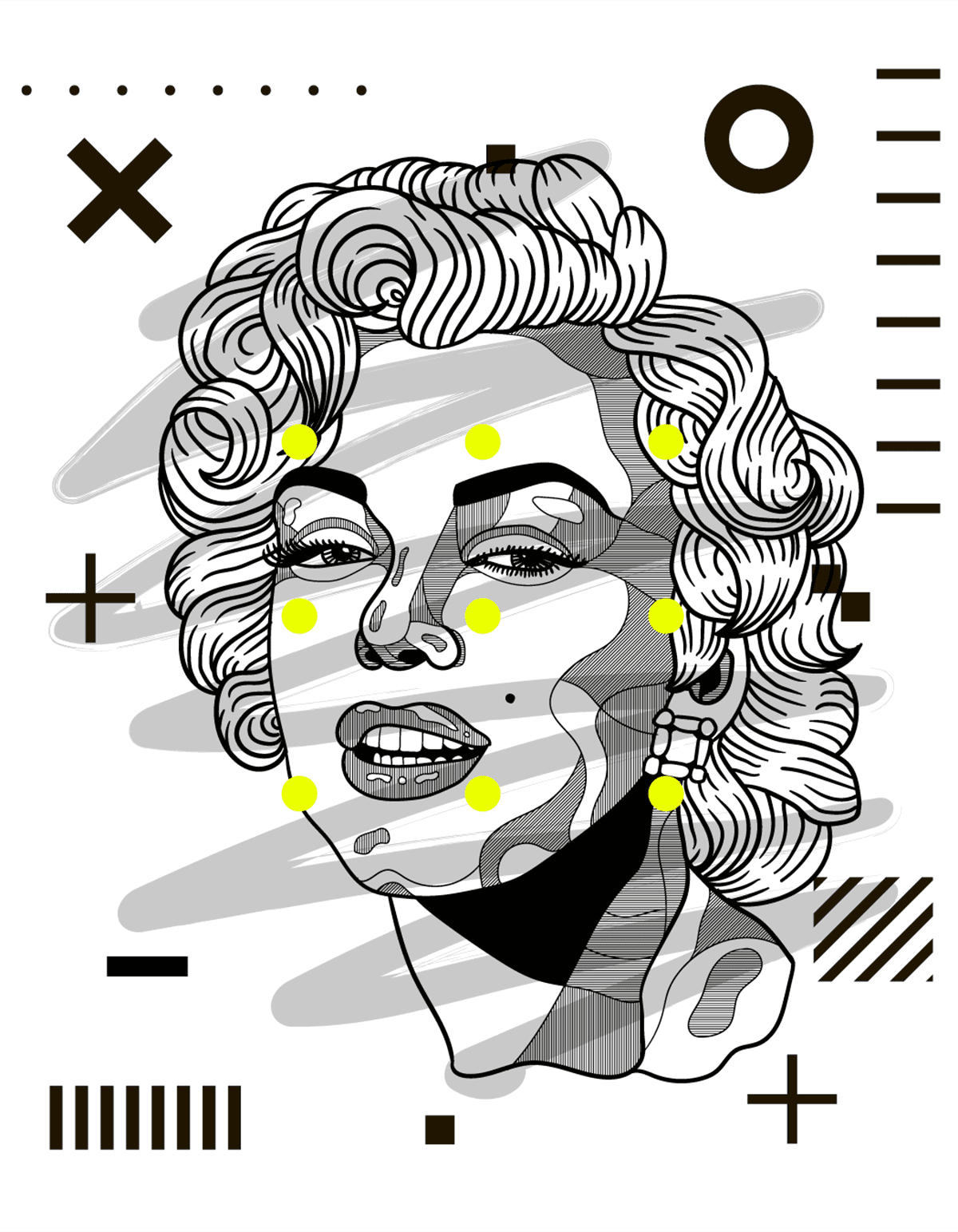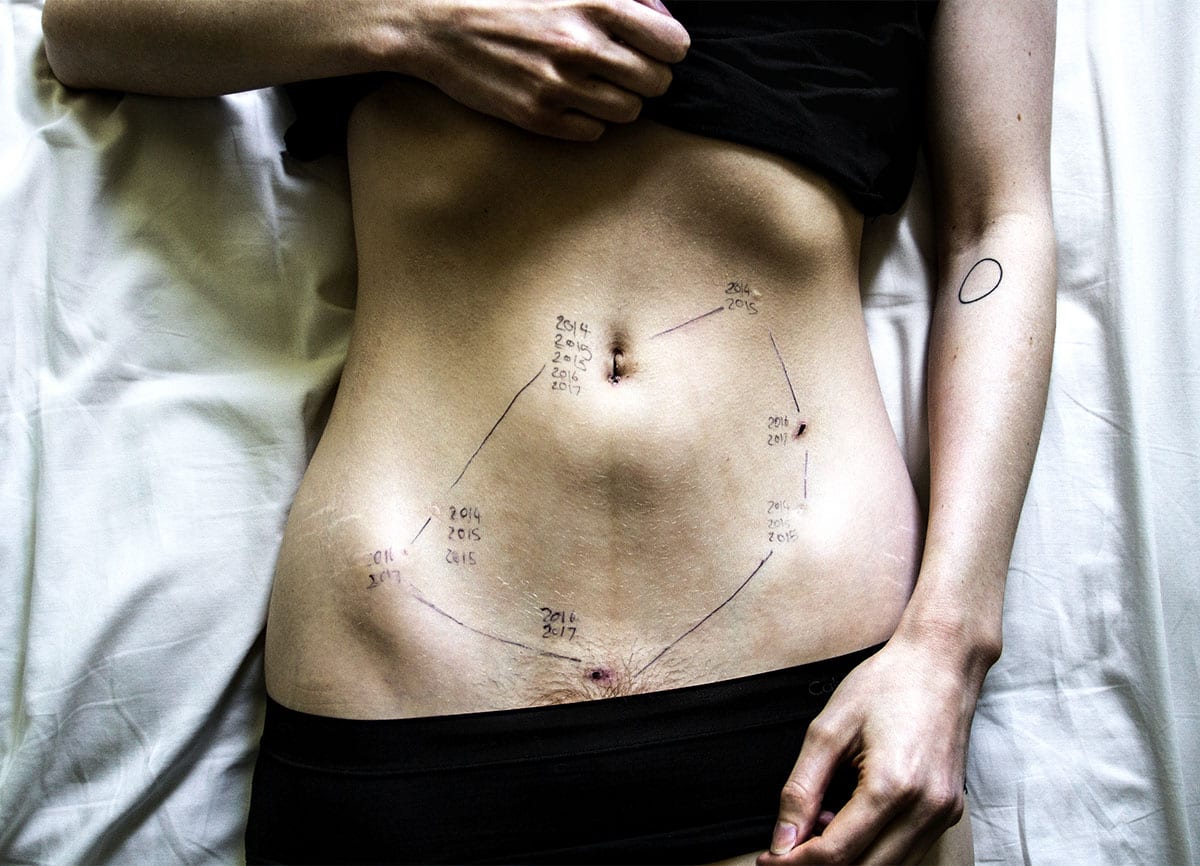Demystifying doula work: Interview with Jessie Laurore
TL/DR: Doulas aren’t just pregnancy coaches for the likes of celebrities and social media influencers. The majority – including Boston-based doula Jessie Laurore – are drawn to their field of work in order to serve as advocates for birth equity, especially among BIPOC communities.
Whether you’re having your first child or your sixth, pregnancy is an incredibly personal and emotional journey. It’s nine months of uncertainty, decision-making, and careful planning (coupled with a myriad of bodily symptoms ranging from mildly annoying to downright miserable).
With all that pregnancy entails, it’s no wonder that many individuals turn to alternative or complementary health providers to help them manifest their goals throughout the pregnancy and increase their odds of a successful childbirth. That’s where doulas come into play – and these specialists work some very real magic for their clientele.
You may have heard about doula work on social media platforms: There are some “celebrity” types who cater to wealthy clients, including certain names among the Hollywood elite, that pay large sums of money in exchange for concierge-like services that may extend beyond the traditional doula practice.
Other doulas, however, enter the profession with the goal of serving (and advocating for) as wide a range of clientele as possible. In doing so, they play a key role in the fight against racial disparities in childbirth and maternal healthcare – a persistent and well-documented problem within US healthcare. These are the types of practitioners that we most wanted to feature in our blog series, Demystifying Doula Work.
According to DONA International (one of the preeminent training programs and certifying organizations for doula work), the technical definition of a doula is “a trained professional who provides continuous physical, emotional and informational support to a mother before, during and shortly after childbirth to help her achieve the healthiest, most satisfying experience possible.”1
Doulas are not midwives or OB-Gyns (i.e. they don’t provide the medical component of care during pregnancy or labor), but rather serve as the emotional and spiritual partner and advocate for the birthing person throughout the entire journey of pregnancy. Many doulas specialize in postpartum care and wellbeing, as well.
To learn more about the life of a doula, we spoke with DONA-certified doula Jessie Laurore about her experience in becoming a doula, the inspiration for her work in birth justice, and her thoughts on navigating care during a pandemic.
Thank you so much for joining us, Jessie. To start, can you tell us a little bit about yourself and how you entered the birth space?
Reproductive health and women’s health has been an interest of mine for a while. In college, I was a History of Science major – the focus was mind, brain, and behavior. But in my thesis, I also wrote about community self-care and how that relates to reproductive health. Some of the kind of empowerment work I learned about had to do with women taking ownership of their bodies.
Although I had heard about doulas in college, I wasn’t sure that it was the right time for me then. But in my research, doulas were coming up as something that can help with some of the gaps in healthcare, along with midwives. So, that helped me think more about reproductive health, and, given the disparities in America with infant outcomes and maternal outcomes, I was thinking about how I could become more involved. I wanted to find a space where I could work that would have a direct impact. That’s when I decided to become a doula.
That is such an incredible journey, and your thesis sounds so interesting! I’d love to hear more.
Some of the things that came up that were relevant to doula work were about forced sterilization – how people weren’t aware that they were being sterilized until they found out later when they intended to have children. I think about the kind of mental burden that would put on someone, and, in the context of doula care, how certain communities have reasons for wanting to be less engaged with the medical system.
Of course, we’ve come a long way. But, at the same time… how do we see women? How do we see Black women, indigenous women? It’s not something that we’ve really come to terms with in the medical system.
It’s such an important question. With that in mind, how do you see the role of the doula as an advocate?
Our role is to really be there for the birthing person and center their needs. Of course, we want everybody in the room to be doing what they need to do [medically] to have a healthy baby, a healthy birthing person, and for everybody to be safe. But at the same time, we want somebody there so that the birthing person can feel heard and can feel like this is the experience that they wanted, that they feel safe, that they feel like they’re able to speak up. How can we try to make sure that we have that kind of balance there?
Some people may not be as comfortable speaking with doctors. Or even if they are, maybe they’re not aware of their options, and you don’t have as much time with a doctor, as you might have with a doula. So it’s good to have somebody else there who might say, “Oh, well, this is another option for you.”
For example, it used to be that when you gave birth in a hospital, the babies were carted away, and you could see the baby later. But now we’ve learned more about the benefits of skin-to-skin contact. So, while we have all the medical advances that are necessary, [birthing] is also a natural process, and you want to be able to have that bonding time.
The birthing room can definitely get hectic. How do you center yourself, center the patient, and ensure that the birthing person’s wishes are acted upon?
A few things: So, I think that there’s a myth that, as a doula, sometimes it can kind of feel like it’s the doula versus everybody. And it’s really that we’re working with everyone. As a doula, I want to introduce myself to everyone when I first enter the room and be comfortable with whoever’s working, because, of course, we all want what’s best for the patient.
I see my role as supporting and encouraging the client to make their wishes for care known to the medical team, whether it’s to ask the provider if they can have some time to think, or, if a certain intervention is proposed, to ask whether it is medically necessary. I typically communicate mainly with the patient unless there is a departure from the birth plan — then, I might offer a reminder about certain things from the birth plan and ask the medical team present how [those things] could be incorporated.
And do you accompany the birthing person to every single appointment leading up to the birth, or are you moreso there for the delivery and the postpartum period?
It’s a combination. We do have prenatal appointments where we discuss the birth plan and what [the birthing person] would want to have in place ahead of time. I also follow up after appointments to ask how things went and discuss any concerns or things that they’d like to talk to their doctor about.
What type of care do you provide during the delivery?
Supportive care and comfort. So, things like the “doula epidural,” which is the double hip squeeze. And the physical and emotional comforts, as well.
When you arrive for a birth, do you have a “doula toolkit” of things you bring with you for supportive care?
Every doula will have their own ‘doula bag.’ Hospitals will have some things, like peanut balls, but a doula may want to bring some compresses or a Rebozo scarf, which is kind of like a hammock for the person’s waist. If the birthing person is excited about aromatherapy, then we could bring some of the scents – or the birthing person could plan to pack them.
We will also discuss how we can make the hospital room feel more comfortable. For instance, would the birthing person like to bring certain items from home? Or, maybe having some softer lighting or some music? Some people are like, ”I’m fine with the hospital.” And some people say, “I want all the comforts I can have to make it feel more like my space.”
I think it’s so interesting to bring that up, that the spaces we’re in so deeply influence our experience, particularly for an event that’s so personal and even spiritual.
It’s really a partnership. I mean, it’s true. You’re responding to their needs, their desires, and saying, “Oh, well, I can take this out of my toolbox.” Or, “We can make it more this way.” It’s less about you and your practice of doula and more about manifesting the birthing person’s preferences and desires.
This is obviously a time when we’re seeing stressors come from all sides, both from a global health perspective and socioculturally. What are some strategies that you’re offering to help pregnant and birthing clients through this uniquely challenging moment in history?
It’s definitely a stressful time. Some people might have more immediate stressors versus others, and this is one example of where it’s difficult to always know what to recommend. But for some of the general anxieties, I practice mindfulness-based stress reduction. So I try to do things around that, like sound bath meditation.
I will also connect the birthing person with certain support groups, whether that’s for breastfeeding or other needs, so they can have some support from people who are going through the same thing at the same time.
There is no one stress relief method that works for every person. And with the pandemic, one of the things that you’re thinking about is how to support people there in the hospital. To feel supported, maybe they would want their mother there, as well as their partner. Although, depending on the hospital, some places may only allow one support person. So that’s something to navigate.
Speaking of the pandemic, how has this transition been for you as a doula?
As a doula, so much of my role is providing the birthing person support. And I think that virtual support can also be helpful. It just depends on whether there is someone [physically present] who is able to do the comfort measures. If there’s a partner, I’d ideally be able to meet with them and let them know which kind of comfort measures would be most effective and that could be part of the birthing plan.
I think that labor support, though, should be done in person. That just makes sense. Because you really want to be there to help set up labor stations, you want to be able to handle the comfort measures, and it’s very physical. It can feel detached to be on a tablet and be [offering support] virtually, but we’re making whichever decisions help the birthing person feel their best.
About Jessie Laurore
Jessie Laurore is a passionate birth doula serving the Greater Boston area of Massachusetts. She has completed her DONA International training and brings a calm and supportive attitude to the births she attends. In her free time, Jessie likes to get together with friends, read science fiction and fantasy, and spend time in nature. Learn more about Jessie and her birth doula services at www.jessielaurore.com.
Don’t miss out on upcoming doula content and exclusive interviews: Subscribe to our email newsletter for updates re: the Demystifying Doula Work blog series.
Know a doula who deserves a shoutout? Drop us a line at thefornix@flexfits.com.
© 2021 The Flex Company. All Rights Reserved.
- What is a Doula. (2018, December 05). Retrieved November 06, 2020, from https://www.dona.org/what-is-a-doula/[↩]

